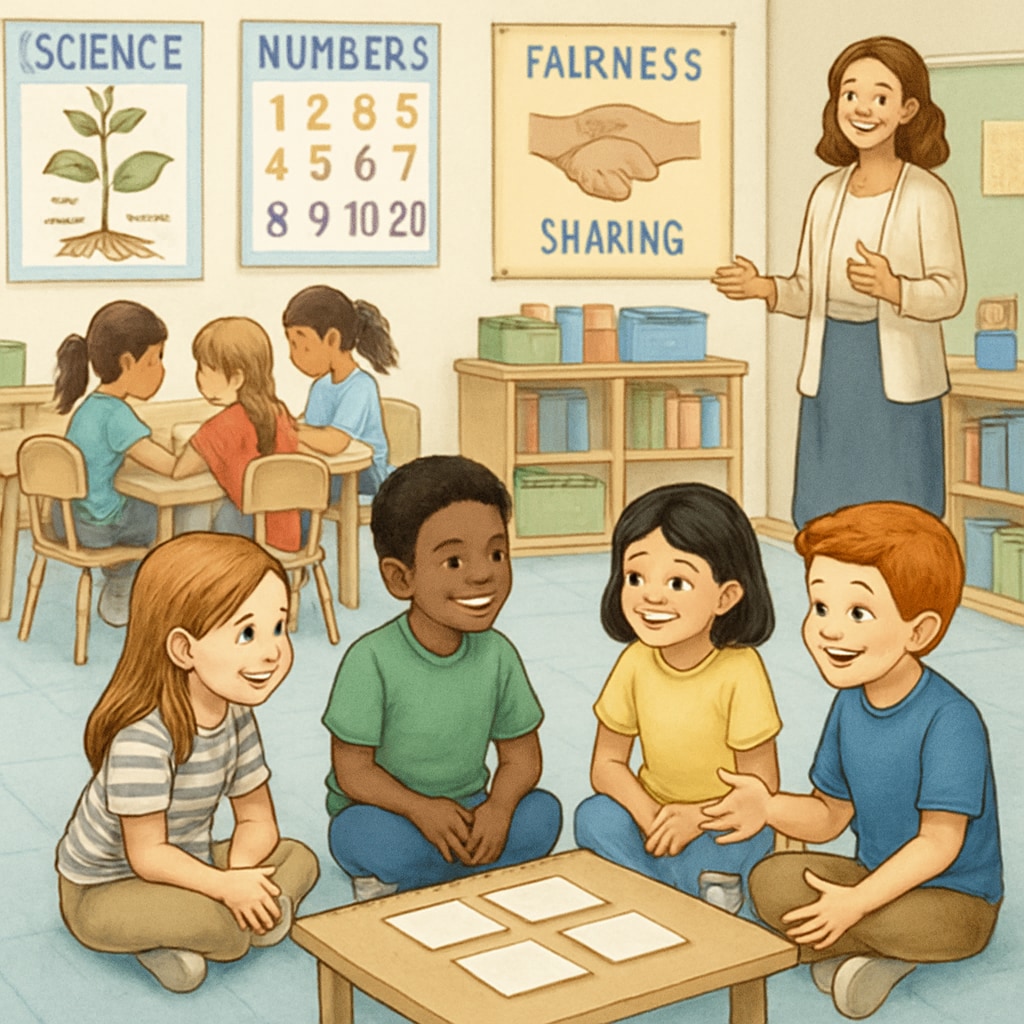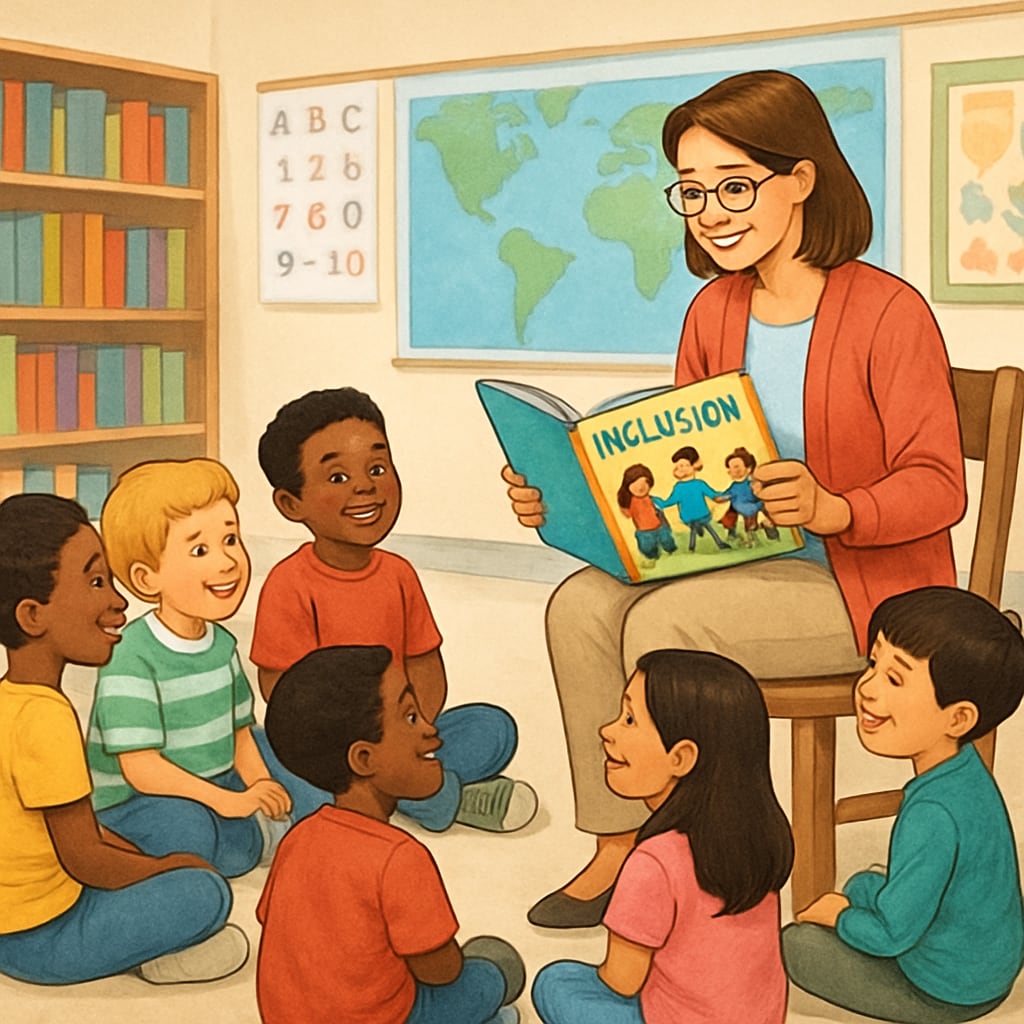Incorporating social issues such as racial segregation into first-grade education sparks important debates about age appropriateness, cognitive readiness, and childhood development. While early exposure to societal challenges can foster empathy and awareness, educators must carefully balance such discussions with the foundational academic and emotional needs of young learners. This article examines the suitability of introducing complex social topics in first-grade curricula and offers strategies for age-appropriate teaching approaches.
Understanding Cognitive Development in First Graders
First-grade students are typically between six and seven years old, a stage marked by rapid cognitive and emotional growth. At this age, children are developing critical thinking skills, expanding their vocabulary, and beginning to grasp abstract concepts. However, their ability to process nuanced or multifaceted topics like racial segregation remains limited, as their understanding of fairness and equality is often rooted in personal experiences rather than broader societal contexts.
For example, Britannica explains that young children tend to view the world in concrete terms, focusing on immediate and observable phenomena. This developmental characteristic highlights the importance of tailoring discussions about social issues to their level of comprehension. Introducing overly complex or emotionally charged topics may overwhelm them, potentially hindering their ability to connect with the material.

Why Social Issues Matter in Early Education
Despite their cognitive limitations, first graders are at a prime age for learning values such as kindness, respect, and fairness. Addressing social issues in an age-appropriate way can help children build empathy and develop a basic understanding of societal challenges. For instance, discussing concepts like inclusion and diversity through relatable scenarios—such as the importance of sharing or treating classmates equally—lays the groundwork for more complex conversations in later grades.
According to research shared by Wikipedia, fostering empathy in early childhood can lead to better interpersonal skills and a stronger sense of community. By introducing social topics gradually and contextually, educators can help students develop an awareness of societal issues without compromising their emotional well-being.
Strategies for Age-Appropriate Teaching
To successfully integrate social topics like racial segregation into first-grade education, educators can employ several strategies:
- Use relatable examples: Frame discussions around everyday scenarios that children encounter, such as sharing toys or treating friends equally.
- Incorporate storytelling: Utilize age-appropriate books and stories that highlight themes of diversity, fairness, and inclusion.
- Encourage critical thinking: Ask open-ended questions that prompt children to reflect on their feelings and choices, fostering deeper engagement.
- Focus on solutions: Emphasize positive actions and teamwork, showing children how they can contribute to a fair and inclusive environment.

Maintaining a Balanced Curriculum
While addressing social issues is important, it is equally critical to ensure that these discussions do not overshadow essential academic learning. First-grade curricula must prioritize foundational skills in reading, writing, and mathematics, as these subjects form the basis for future educational success. Social education should complement—not replace—core academic instruction.
One effective approach is to integrate social topics into existing lessons. For example, a reading activity might feature a story about a diverse group of friends overcoming challenges together. Similarly, art projects can encourage children to express their ideas about inclusion and fairness through creative mediums. By embedding social education into standard lessons, educators can strike a balance between academic and social development.
Conclusion: Building Foundations for Lifelong Learning
The question of whether to introduce topics like racial segregation into first-grade education ultimately depends on the approach. Age-appropriate discussions, supported by relatable examples and integrated into foundational curricula, can help children develop empathy and awareness while maintaining their academic progress. As educators and parents, fostering both cognitive growth and social understanding in young learners is an essential step toward building a more compassionate and informed generation.
By carefully considering children’s cognitive development and emotional needs, we can ensure that first-grade education provides a balanced foundation for lifelong learning—both academically and socially.


